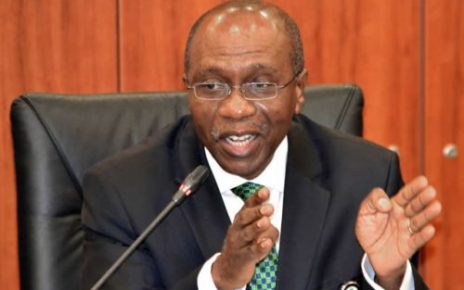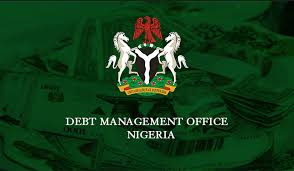As governments across the world continue to respond to the current challenges in the global economic system with appropriate measures, 57 percent of business leaders believe that global economic growth will improve in the next 12 months.
The position of the business leaders on the global economic growth trend was contained in the 21st PwC CEO survey launched yesterday at the World Economic Forum Annual Meeting in Davos.
One of the key findings from the survey is that 57% of business leaders believe that global economic growth will improve in the next 12 months.
According to PwC, this figure is almost twice the level of last year 29 per cent, and the largest ever increase since PwC began asking CEOs about global growth in 2012.
The confidence CEOs have in short-term revenue growth is feeding into jobs, with 54 per cent of the CEOs planning to increase their headcount.
However, the survey indicated further that CEOs were concerned about the availability of digital talent required to sustain the positive trajectories of the economies
PwC also reported that the survey reflected that despite the optimism in the global economy, anxiety is rising on a much broader range of business, social and economic threats.
Specifically, the foremost global consulting and professional service company, stated that the CEOs were ‘extremely concerned’ about sundry challenges currently manifesting in diverse forms in the global economic system.
According to the survey, about 40 percent of the business leaders expressed concern about geopolitical uncertainty and cyber threats while 41 percent showed serious concern about terrorism.
Also, one of the issues that also raised concerned among top global business leaders based on the survey result is the availability of key skills which 38 percent raised their fears about as well as populism, which also was a major concern for 35 percent of the CEOs surveyed.
PwC conducted 1,293 interviews with CEOs in 85 countries between August and November last year. Its sample is weighted by national GDP to ensure that CEOs’ views are fairly represented across all major countries. 11 percent of the interviews were conducted by telephone, 77 percent online, and 12 percent by post or face-to-face.
According to the company, all quantitative interviews were conducted on a confidential basis. 40 percent of companies had revenues of $1 billion or more: 35% of companies had revenues between $100 million and $1 billion; 20 percent of companies had revenues of up to $100 million; 56 percent of companies were privately owned.
On Climate Change, PwC stated that environmental damage was reported in the top five threats for businesses in Asia Pacific, and Western Europe and recognised as a top five threat for the growth prospects of companies in the Energy and Utilities, Engineering and Construction, Transport and Logistics sectors.
PwC reported further on the survey result: “When asked if globalisation has helped ‘close the gap between the rich and the poor’, nearly 40% of CEOs respond “not at all’. 30 percent said globalisation had not helped ‘avert climate change and resource scarcity’. More than one in four CEOs say that globalisation has not helped improve the ‘integrity and effectiveness of global tax systems’ at all.
“On Trust, 71 percent of CEOs are now measuring trust between their workforce and leadership: 74% between their organisation and its customers. Action on cyber security, diversity and inclusion and increased transparency on business strategies and plans were amongst the key areas of focus.
“While only 18 percent of CEOs expect to reduce their headcount, CEOs estimate that four out of five (80%) of those jobs affected will have been impacted in some way by technology – 52% to some extent and 28% to a large extent.
“PwC’s Global Innovation 1000 Study this year found that 52 per cent of respondents believe economic nationalism will have a moderate or significant impact on their company’s R&D efforts, replacing today’s integrated and interdependent network with isolated R&D nodes”, it added.




